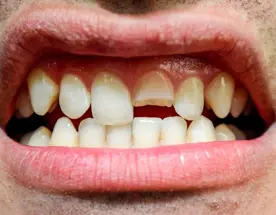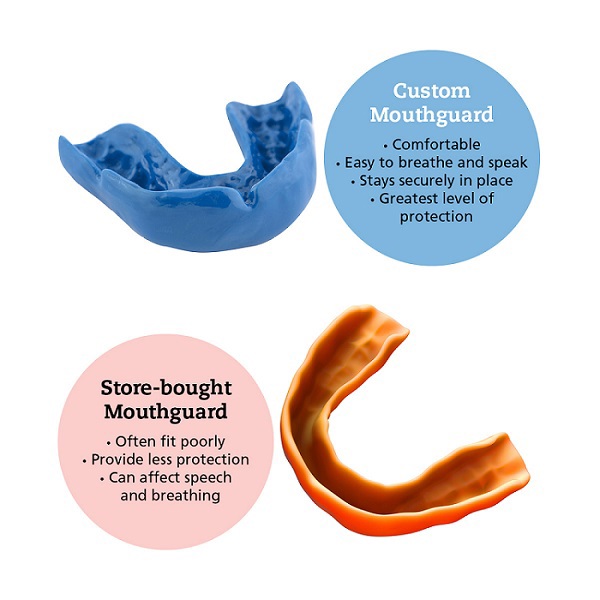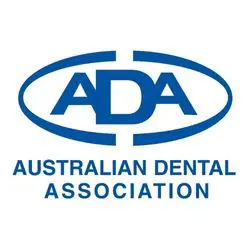
Key messages
- Accidents can cause cracked, chipped, or loose teeth. They can even can teeth to be knocked out of your mouth.
- Knocked out baby teeth should not be put back in the mouth.
- Knocked out adult teeth need to be put back into the mouth as soon as possible.
- See your dentist as soon as possible if you have an injury to your teeth or face.
Accidents can badly damage your teeth. They can cause cracked, chipped or loose teeth. Teeth can even be knocked out of your mouth completely. It is important to have your teeth checked by your dentist after a mouth injury. These injuries can cause long term damage that could otherwise be avoided by seeing your dentist straight away.
Injuries to the mouth and teeth often happen in the late afternoon or on weekends. It is important to know what to do when they happen. If you, a friend or family member are injured, it is best to see a dentist as soon as possible.
Check if your dentist provides emergency treatment outside of normal working hours. If they do not, you can use the ADA's Find-a-dentist search engine to find an ADA member dentist near you.
Types of dental injuries
Injuries to the face and mouth can affect one or more teeth. No matter what type of damage occurs, it is best to visit your dentist as soon as possible. Teeth can be affected in the following ways.
The tooth or teeth may be pushed back up into the gum, pushed backwards or sideways. Try to move the teeth gently back to their original position and softly close the front teeth on a cloth or tissue.
If you can find the piece of tooth that has broken off, take it with you to the dentist. This can sometimes be reattached to the tooth.
See a dentist so they can find out why the tooth is loose. One possible cause is that the tooth is cracked or fractured under the gum so you cannot see the damage.
Teeth can be knocked out of the mouth. It is important to find the tooth and see your dentist straight away.
What to do if a baby tooth is knocked out
Knocked out baby teeth are not placed back in the mouth. Remain calm and find the tooth. Take the tooth with you to see your child’s dentist straight away. The dentist will check to make sure there is no other damage to the bone, lips, cheeks or other teeth.
If you are not sure whether the tooth is a baby or adult tooth, follow these steps:
- Pick up the tooth by the crown. This is the part of the tooth that is usually visible in the mouth.
- Put the tooth in milk or your child's saliva to transport it to the dentist as soon as possible.
Do not worry if you can only see part of the tooth's root. Older children may not have much tooth root left on their baby tooth as their tooth might have been getting ready to fall out anyway. The roots of baby teeth are eaten away so the tooth can become loose before falling out. This happens when the adult tooth starts to push up into the mouth. Your dentist will check that this is what has happened. They may need to take an x-ray to check.
What to do if an adult tooth is knocked out
If an adult tooth is knocked out, remain calm and act quickly. It is best to try to see your dentist within 30 minutes.
If you know it is an adult tooth, follow these steps:
- Find the tooth and pick it up by the crown, not by the root. The crown is the part of the tooth that can usually be seen inside the mouth. The root holds the tooth to the jawbone and is cannot usually be seen without a dental x-ray.
- If the tooth is dirty, gently rinse it in milk or saline. Do not scrub the tooth.
- Put the tooth in the empty space in the gums where the tooth was located before being knocked out. Make sure it is facing the correct way.
- Gently bite down on soft cloth or tissue to hold the tooth in place until you see your dentist.
If you cannot put the tooth back in the mouth, take it to your dentist. Ways to transport the tooth include:
- safely in a container covered in milk or the person's own saliva
- put the tooth in the mouth between the teeth and cheek but be careful not to swallow it.
Do not put the tooth in water or wrapped up dry in a tissue or cloth.
Do not wait to a dentist. Having treatment as soon as possible can help to improve the outcomes for your tooth.
Protect your teeth using a mouthguard
Children, teenagers and adults are recommended to wear a mouthguard when playing sports where there is a risk of face and mouth injuries. They need to be worn during training and on game day. A mouthguard made by your dentist will give you the greatest protection.

The Australian Dental Association and Sports Medicine Australia created a Mouthguard Policy for sports clubs to have a ‘no mouthguard, no play’ policy. All Australian sports clubs are encouraged to sign up and make wearing mouthguards mandatory for their players.


